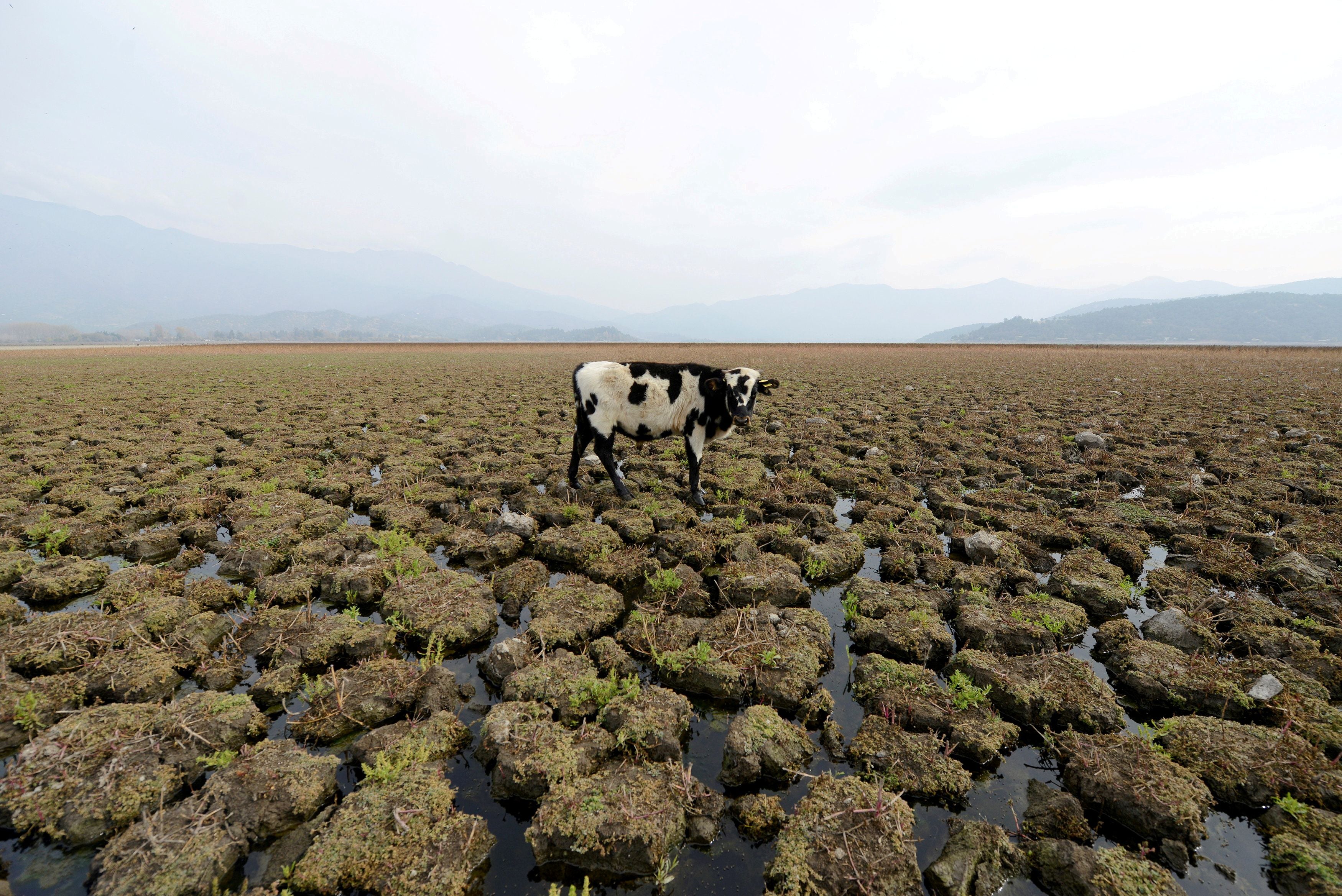Climate change could more than double the frequency of extreme summer droughts in Europe by the end of the century, a new study suggests.
Extreme droughts, which can cause major water shortages and risk sparking wildfires, will increase by more than 50 per cent in countries such as France, Spain and Italy by 2080, scientists project.
Droughts — periods of abnormally low rainfall that can last weeks, months or even years — are the most serious hazard to livestock and crops in almost every part of the world, the World Health Organization says, and can also increase the risk of disease and death.
In France, the regularity of extreme droughts will increase by up to 60 per cent by 2080—2099, the research published in open access journal Frontiers in Water suggests. The western European nation has been identified by its authors as one of four future “hot spots”.
The projected increase in frequency in other hot spots is even higher: up to 96 per cent in the Iberian Peninsula, a region mostly made up of Spain and Portugal, and around 80 per cent in the Mediterranean, affecting countries such as Italy, Greece and Croatia.
The Alps, where droughts are currently much less common — but could rise by 40 per cent — should also be considered a future hot spot, author Magdalena Mittermeier believes.
“Our study shows that unabated climate change will worsen the risk of hot spot droughts drastically,” the Ludwig Maximilian University of Munich (LMU) PhD candidate said.
“But also, in some regions where droughts currently play a minor role, the future drought risk is expected to get serious. We show that the Alps should be considered an additional future hot-spot.”
Other areas of Europe will also be affected. In Eastern Europe the extreme drought risk could increase by up to 40 per cent and by up to 25 per cent in mid-Europe .
Meanwhile, winter droughts are projected to become less frequent, meaning wetter ends to the year across Europe by the end of the century.
Ms Mittermeier and her colleagues at LMU and the Ouranos Consortium in Canada compiled their research by comparing recent precipitation levels (2001 to 2020) to those projected in the long term future (2080 to 2099) if global emissions remain very high, an eventuality known as Representative Concentration Pathways 8.5 (RCP8.5).
“Unmitigated climate change, under the RCP8.5 scenario, will drastically increase the frequency, duration and intensity of summer droughts in many European regions,” Ms Mittermeier said.
“Such extreme effects can be avoided by climate mitigation. This is why consistent mitigation of climate change as agreed on under the Paris Agreement is highly relevant in terms of droughts in Europe.”







Join our commenting forum
Join thought-provoking conversations, follow other Independent readers and see their replies
Comments